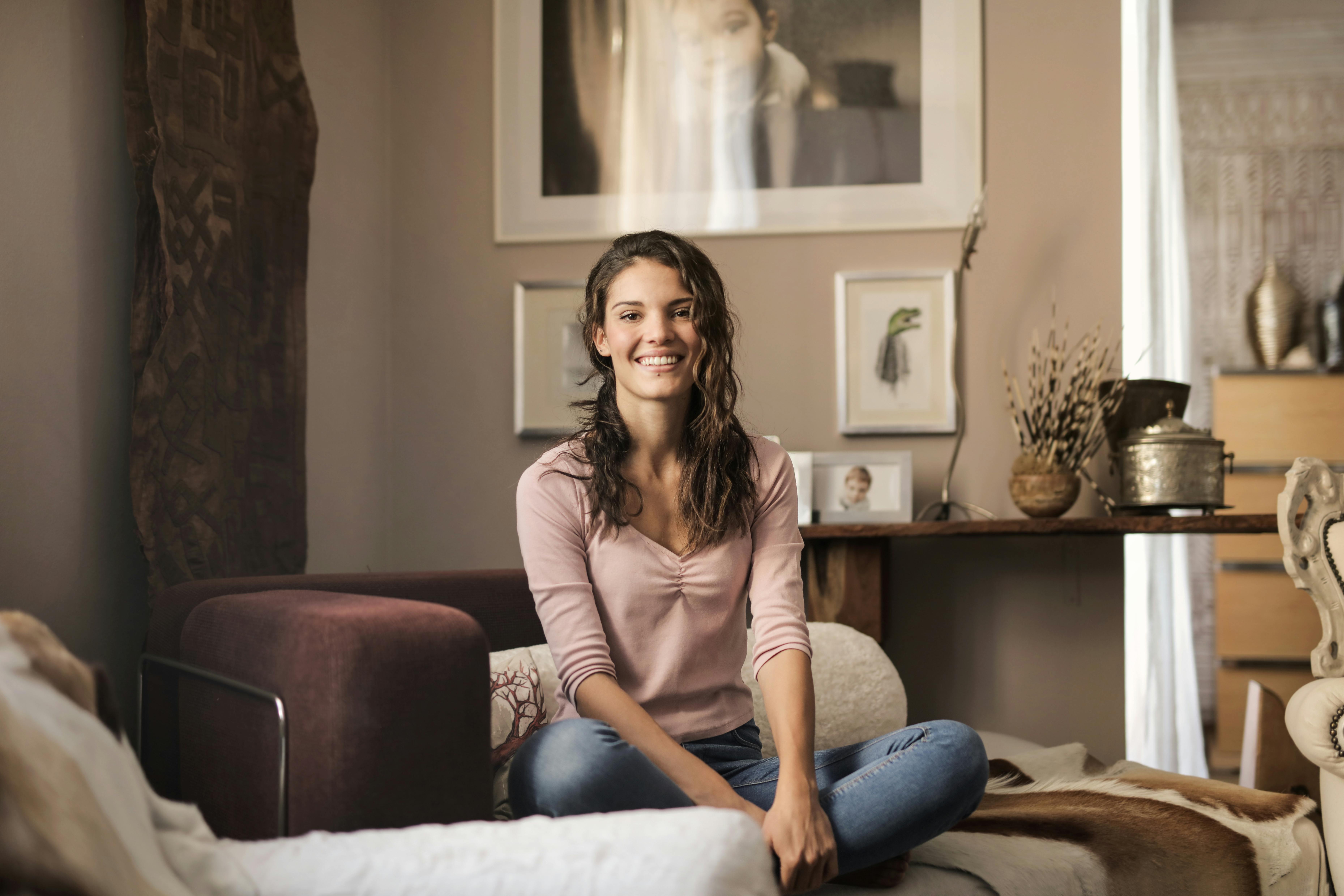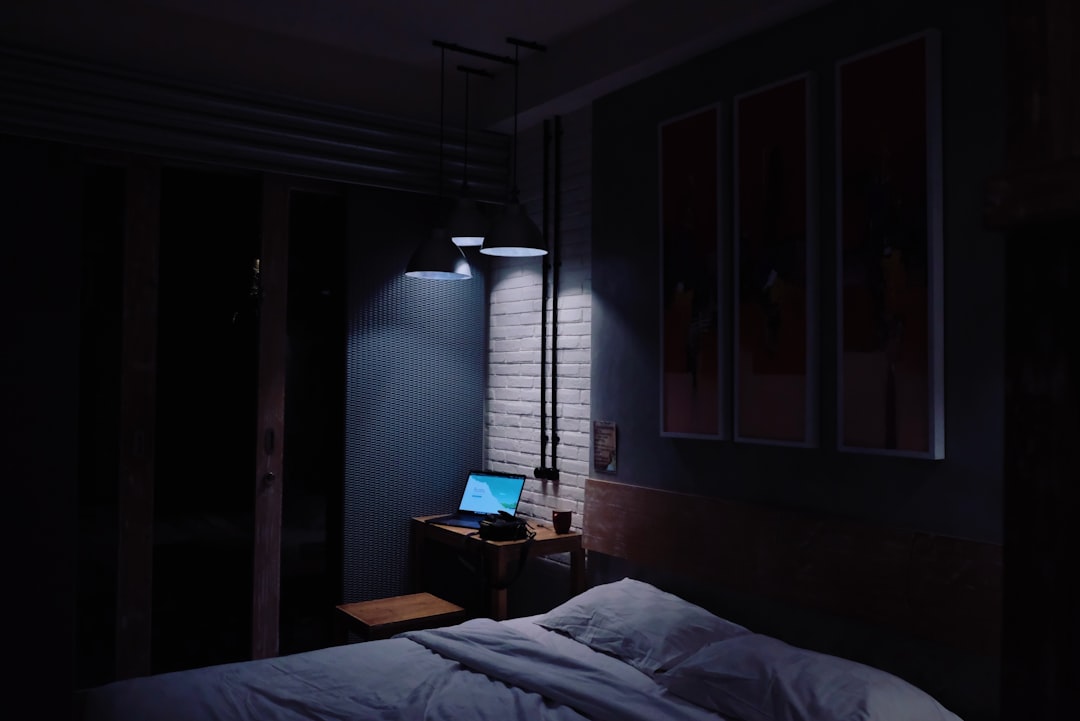Do you ever feel like you’re spending enough hours in bed, but still waking up groggy and unrefreshed? You’re not alone. In a world that never truly sleeps, achieving truly restorative rest feels like a luxury. Many of us are caught in a cycle of poor sleep habits, impacting everything from our mood to our productivity. But what if there was a way to make your sleep twice as efficient, maximizing the quality of every hour you spend in dreamland? Good news: there is! Let’s dive into the “Golden Routine” that can revolutionize your nights and supercharge your days. 😊
Understanding Sleep Efficiency: More Than Just Hours 🤔
Before we build our golden routine, let’s clarify what “sleep efficiency” truly means. It’s not just about the total time you spend in bed, but the percentage of that time actually spent asleep. For example, if you’re in bed for 8 hours but only sleep for 6.5, your sleep efficiency is around 81%. The goal is to maximize this percentage, ensuring your time in bed is truly productive for rest.
The importance of quality sleep cannot be overstated. It affects almost every tissue and system in your body—from your brain, heart, and lungs to metabolism, immune function, mood, and disease resistance. Unfortunately, many Americans struggle. The National Sleep Foundation’s 2025 Sleep in America® Poll revealed that 6 out of 10 adults don’t get enough sleep, and nearly 4 in 10 have trouble falling asleep three or more nights per week. A staggering 50% of adults received an overall ‘F’ grade for their sleep satisfaction in 2025. This highlights a widespread need for improved sleep hygiene and routines.
In 2024, the global sleep economy reached an impressive USD 585 billion, reflecting a growing demand for products and services aimed at enhancing sleep quality. This trend is expected to continue into 2025, with AI-powered sleep solutions and personalized sleep coaching revolutionizing how we approach rest.
The Science Behind Your Golden Routine 📊
Our bodies are governed by an internal master clock, the circadian rhythm, which dictates our 24-hour sleep-wake cycle. Aligning your daily habits with this natural rhythm is crucial for optimal sleep. Disruptions from irregular schedules, screen time, or even mistimed meals can throw off this internal clock, negatively impacting sleep and overall well-being.
Melatonin, often called the “sleep hormone,” plays a key role. Darkness triggers its release, signaling to your body that it’s time to wind down. Conversely, exposure to bright light, especially blue light from electronic devices, suppresses melatonin production, delaying sleep onset and reducing REM sleep. This is a significant concern, as a 2025 study found that people exposed to blue light from screens within one hour of bed experience 18% less REM sleep.
Key Sleep Factors & Their Impact
| Factor | Impact on Sleep | Recommendation | Latest Insights (2025) |
|---|---|---|---|
| Circadian Rhythm | Regulates sleep-wake cycles, hormone production, and energy levels. | Consistent sleep schedule, timed light exposure. | Personalized approaches gaining traction. |
| Blue Light Exposure | Suppresses melatonin, delays sleep onset, reduces REM sleep. | Avoid screens 1-2 hours before bed, use blue light filters. | 38% reduction in natural melatonin by 2025 due to blue light. |
| Diet & Hydration | Heavy meals, caffeine, alcohol disrupt sleep architecture. | Light dinner 2-3 hours before bed, avoid stimulants. | 90% of regular evening alcohol consumers report sleep problems. |
| Exercise Timing | Vigorous exercise too close to bedtime can increase alertness. | Regular exercise, but avoid intense workouts 1-2 hours before bed. | Exercise during daylight hours primes body for restorative sleep. |
Sleep anxiety is a growing concern in 2025, fueled by digital dependency and economic stress. Nearly 40% of Gen Z adults report sleep-related anxiety at least three times a week. Obsession with “perfect sleep” (orthosomnia) can paradoxically worsen sleep outcomes. Focus on healthy habits, not perfection.
Essential Takeaways: Don’t Forget These! 📌
Have you been following along? This article is packed with information, so let’s quickly recap the most crucial points. Remember these three things above all else:
-
✅
Consistency is King for Your Circadian Rhythm.
Go to bed and wake up at the same time every day, even on weekends, to regulate your body’s internal clock and improve sleep quality. -
✅
Create a Sleep Sanctuary and Wind-Down Ritual.
Optimize your bedroom to be cool, dark, and quiet, and engage in relaxing activities like reading or a warm bath for 30-60 minutes before bed. -
✅
Minimize Blue Light and Stimulants.
Avoid screens at least one hour before bed and limit caffeine and alcohol in the afternoon and evening to prevent melatonin suppression and sleep disruption.
Crafting Your Personalized Sleep Sanctuary 👩💼👨💻
Your bedroom should be a haven for rest, a true sleep sanctuary. This means optimizing your environment for sleep. Keep your room cool (ideally between 60-68°F), dark (using blackout curtains or a sleep mask), and quiet (consider white noise machines if needed). Investing in a quality mattress and pillows that provide proper support is also key.
Beyond the physical space, your daily habits significantly influence your sleep. This is where personalized routines come in. While consistency is vital, tailoring your routine to your unique needs can make a huge difference. For instance, if you’re a “night owl,” understanding your natural chronotype can help you adjust your schedule more effectively.

The “sleep divorce” trend is gaining traction, with over one-third of Americans occasionally or consistently sleeping in a separate room from their partner to improve rest. This highlights the growing prioritization of individual sleep quality, even over traditional sleeping arrangements.
Practical Example: Sarah’s Journey to Restful Nights 📚
Let’s look at Sarah, a 35-year-old marketing professional who struggled with chronic fatigue despite spending 7-8 hours in bed. Her sleep efficiency was low, often waking up feeling unrefreshed. She decided to implement the Golden Routine.
Sarah’s Situation
- Often worked on her laptop in bed until 10:30 PM.
- Drank a large coffee around 3 PM daily.
- Bedtime and wake-up times varied by 1-2 hours on weekends.
- Bedroom was often cluttered and not completely dark.
Her Golden Routine Implementation
1) Consistent Schedule: Sarah committed to a 10 PM bedtime and 6 AM wake-up time, even on weekends.
2) Digital Detox: She stopped all screen use by 9 PM, opting for reading a physical book or listening to calming music.
3) Optimized Environment: She invested in blackout curtains, set her thermostat to 66°F, and decluttered her bedroom.
4) Dietary Adjustments: Her last coffee was at noon, and she switched to a light, early dinner.
Final Results (After 4 Weeks)
– Sleep Onset Latency: Reduced from ~45 minutes to ~15 minutes.
– Reported Sleep Quality: Significantly improved, feeling refreshed 5-6 mornings a week.
Sarah’s experience demonstrates that even small, consistent changes can lead to dramatic improvements in sleep efficiency and overall well-being. It’s about creating a holistic approach that supports your body’s natural sleep mechanisms.
Wrapping Up: Your Path to Peak Performance 📝
The journey to doubling your sleep efficiency is a commitment to your overall health and performance. By understanding the science of sleep, optimizing your environment, and diligently following a personalized “Golden Routine,” you can transform your nights and, by extension, your days. Remember, quality sleep isn’t a luxury; it’s a fundamental pillar of a healthy, productive life.
What steps will you take tonight to start your Golden Routine? Share your thoughts and questions in the comments below! We’d love to hear from you. 😊
Golden Sleep Routine: Key Takeaways
Frequently Asked Questions ❓
